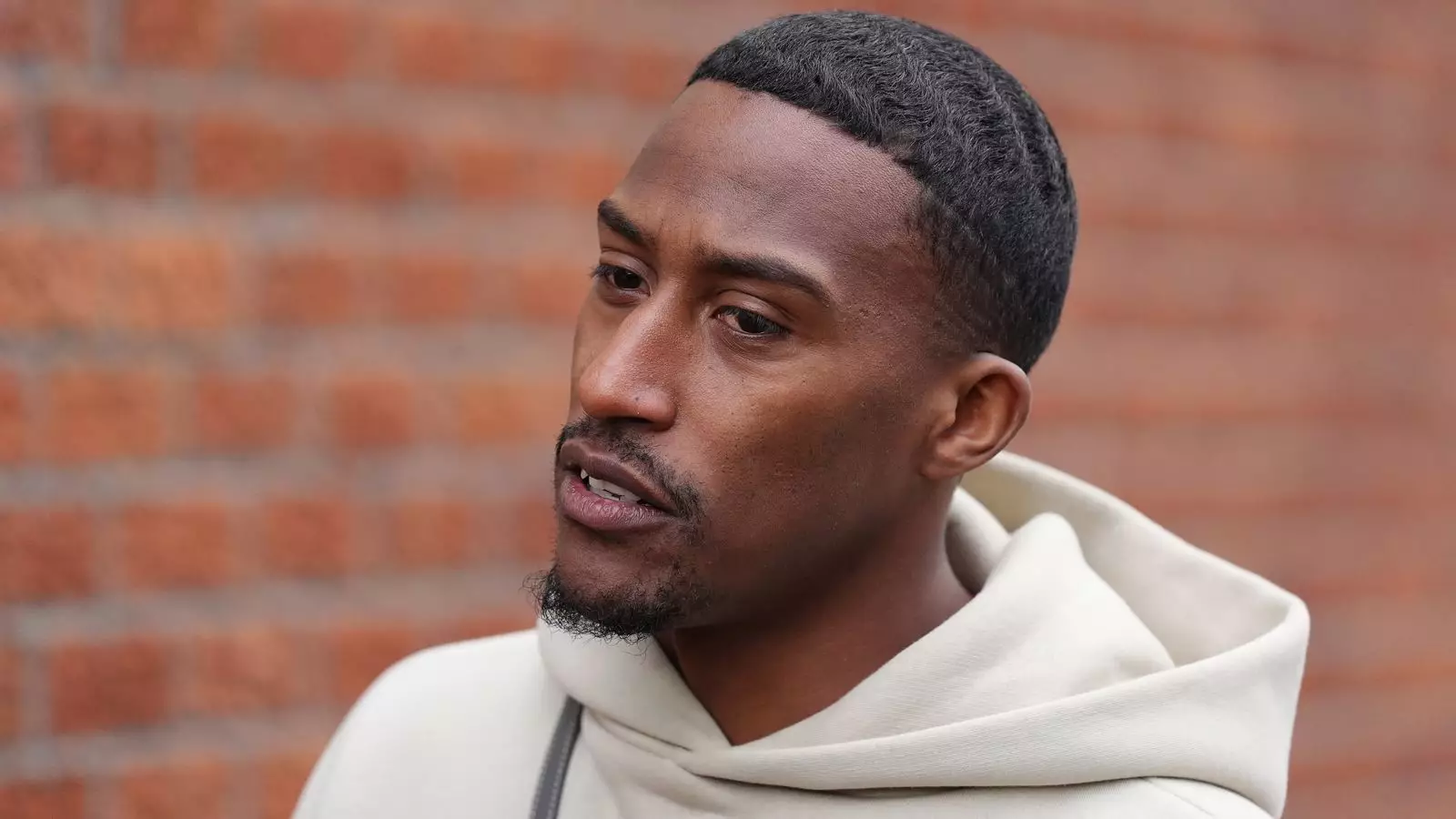In an era where public figures are scrutinized more than ever, the latest decision by The Football Association (FA) to cancel a new online cookery series underscores a growing sensitivity towards social responsibility. The campaign, titled “The Greater Game,” aimed to inspire young individuals aged 12 to 16 to explore healthy cooking alternatives, featuring British YouTuber and rapper Yung Filly—alongside popular England football stars like Bukayo Saka, Ezri Konsa, and Jarrod Bowen. However, barely 24 hours into the campaign, the FA’s swift reaction to serious allegations against Yung Filly raises questions about the intersection of celebrity culture, social responsibility, and the implications for public health messaging.
The Allegations and Their Impact
The abrupt halt of the cookery series came in light of significant charges against Yung Filly, whose real name is Andres Felipe Valencia Barrientos. Reports reveal that he was arrested in Australia following allegations of assault against a woman in her 20s. The nature of the allegations is grave, including multiple charges of sexual penetration without consent and assault occasioning bodily harm. These serious accusations led to a court appearance in Perth where the artist was granted conditional bail, further complicating the narrative surrounding his public persona.
The quick cancellation of the cookery series demonstrates the FA’s attempt to distance itself from the controversy. By removing the videos that had just been promoted, the governing body of English football illustrated a clear stance against any form of association with individuals facing such serious allegations. This turn of events raises intriguing questions about the relationship between sporting organizations and social influencers, particularly regarding who they choose to represent their values and initiatives.
The FA embarked on this campaign not only to promote healthy eating but also to leverage the popularity of social media influencers to reach younger audiences. Yung Filly, with his impressive following on platforms like Instagram, TikTok, and YouTube, was considered an ideal candidate to bridge the gap between traditional sports and modern-day youth culture. However, it is critical to assess whether celebrity influence can withstand the scrutiny of social responsibility, especially when a figure is facing accusations that could tarnish their public image and affect associated brands.
In today’s landscape, brands must be prepared to act quickly when their ambassadors become embroiled in controversies. The fallout can be damaging—not just for the individuals involved, but also for the organizations that align themselves with those individuals. This incident serves as a cautionary tale about the importance of thorough vetting processes when collaborating with social influencers, particularly where children and teenagers are concerned.
Yung Filly’s situation offers a broader reflection on the complexities of using social media personalities in marketing campaigns. While influencers can significantly increase visibility and engagement, their actions—and possible misdeeds—can reshape public perception overnight. The FA’s approach highlights the need for not just reactive measures when controversies arise but also proactive strategies to ensure that the voices they amplify champion the values they espouse.
Moreover, the decision made by Marks & Spencer (M&S) to distance itself from this campaign reveals the tightrope brands walk in an age dominated by digital presence. Effective marketing strategies must consider the multifaceted implications of their endorsements and remain vigilant regarding the character of those they elevate to represent their brand message.
The cancellation of the online cookery series featuring Yung Filly underscores the importance of aligning marketing efforts with integrity and ethical considerations. As societal norms continue to evolve, organizations like the FA and brands such as M&S will likely reassess their partnerships, weighing the risks and rewards of influencer collaborations. In a world where public perception can pivot dramatically within moments, the focus must remain not just on reach and visibility but on authenticity and responsibility. As the fallout from this incident unfolds, it serves as a crucial reminder that the intersection of celebrity, sports, and social responsibility is a terrain that must be navigated with care and vigilance.


Leave a Reply